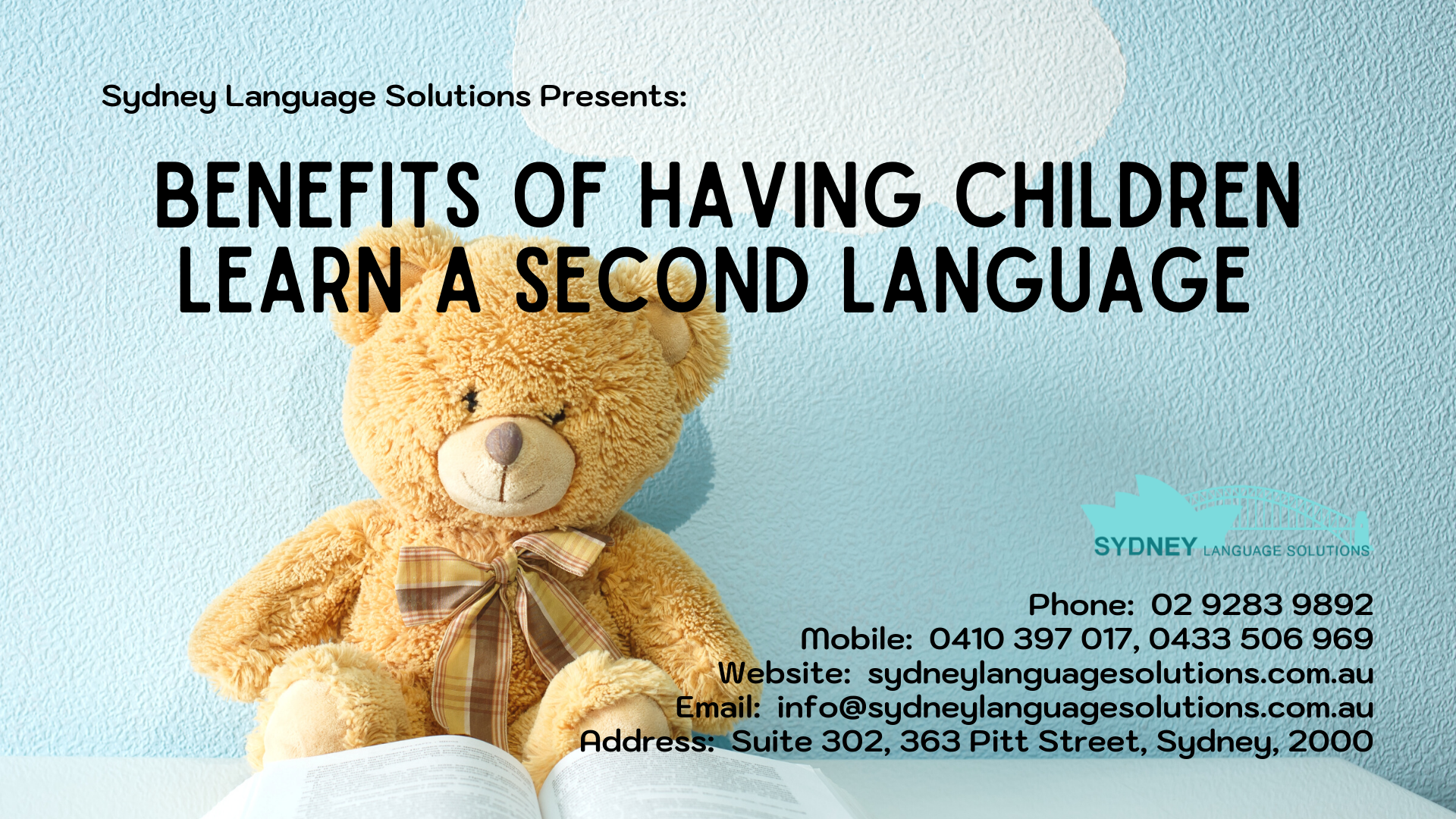Interesting Facts about South Korea
Some Interesting Facts about South Korea
- Blood types are important. Korean people think that blood type reveals bout your personality and characteristics. Therefore, almost every Korean people knows their blood types
- South Korean is one year older when born. One explanation is that people think it’s because the baby is in the mother’s womb for 9 months, which is about 1 year. Therefore in South Korea, the baby is 1 year old when born.
- Almost half of the Koreans are called Lee, Park or Kim. Especially Kim has a special position: one in five Koreans has this last name.
- Food is the essence of everything to Korean. One thing describes Korean best is Food Culture. When Korean parents talk with their children, they care a lot about “eating well”. Sometimes Korea is called “Italian of the East”
- Kimchi is a culture. Back in the days, Kimchi is created because of its long winter. Today, Kimchi is a popular sidedish that you can find in almost every Korean restaurants. Korean say “Kimchi” instead of “cheese” when they take a photo
Ways on How You Can Help Your Children Learn New Languages Faster
How you can help your child learn new languages faster:
- Make language learning a daily habit. Research shows that your child only needs 15 minutes a day to make progress while learning a new language. Some ways in which you can instill this habit in them is by making them listen to podcasts or watch a movie in a foreign language.
- Learn cognates. Languages like Spanish have a lot of words that we commonly use while speaking English. Learning these words will help your child transition better into the new language.
- Use flashcards and spaced repetition. Flashcards are proven to be the most effective way to memorize new languages. Flashcards use a concept called spaced repetition that basically prioritizes things your child does not know and helps them prioritize and work on their weak areas.
- Use a notebook and take it everywhere. Ask your kids to write down all the relevant vocabulary that you come across whenever your child is exposed to a new language.
- Speak the language from day one. There are 3 ways to achieve this. You can enrol your child in group learning in a good language school. This is great from a social perspective as your child will be studying with kids their own age and they can collaborate and work together on their skills.
This is where we can help you!
At Sydney Language Solutions we offer the best prices and deals for an atmosphere of fun and engagement in which your children can develop their language skills and aim towards a brighter future.
Advantages of Bilingual and Multilingual Children
INTERESTING FACTS ABOUT BILINGUAL/MULTILINGUAL CHILDREN:
– Better academic results: research has shown that bilingual/multilingual children can often concentrate better, have better problem-solving skills, understand language structure better and are better at multitasking.
– More diverse and interesting career opportunities later in life: employees speaking two or more languages can form better connections/relations with clients and other business partners. Therefore, multilingual candidates are preferred by employers.
– Children who speak more than one language have a better sense of self-worth, identity and belonging.
– Bilingual/multilingual children are said to be more educated since they can indulge in reading books written in various languages, enjoy movies and music in different languages.
– Children who learn foreign languages appreciate other cultures more and feel a sense of affinity while communicating with people from other countries.
BENEFITS OF LEARNING A FOREIGN LANGUAGE FOR CAREER GROWTH:
Learning starts at a very young age and learning new languages as a kid not only has a positive impact on your child’s personal growth, but it also gives them an edge in the professional world when they grow up.
Here are some advantages of learning foreign languages as a kid:
- Your kid will automatically become more attractive than other candidates when it comes to Global companies. In this dynamic world of globalization, employers are seeking candidates that are multilingual. International companies are trying t0 widen their reach across the globe and hire employees that can blend in with other cultures and fill in the communication gaps between the company and its clients.
- Career growth opportunities: being fluent in foreign languages doesn’t always mean your kid will have to go abroad. Many small local businesses prefer multilingual candidates who can help them explore new business opportunities and bring in more clients from other countries.
- Higher salaries: research shows that multilingual employees earn at least 10%-15% more than monolingual employees.
- Relationship building: having the ability to speak and understand different languages will allow your child to relate to various cultural groups at a personal level. Having a good relationship with colleagues is essential in a professional environment.
- Increased job opportunities: being fluent in foreign languages can be extremely beneficial for an individual’s professional growth. Many companies now require only employees who are bilingual or multilingual.
Benefits of Having Children Learn a Second Language
Why must children learn a new language from a young age?
- Experts say that children have more time and ability to pick up a new language faster than adults and develop a native-like pronunciation.
- Learning a new language also boosts a child’s creativity, problem-solving, critical thinking, and listening skills.
- In the long run, a second language will also be advantageous for them in the workplace where being multilingual gives one a competitive edge over others.
What makes our program different from other community language schools?
At some community language schools, the programs are designed to be beneficial if only both parents speak that particular native language at home for the children to have a chance to hear and practice the language. While this is advantageous for some children, others with only one parent who speaks language cannot have the chance to hear from their parents’ interaction. In fact, there are numerous households in Sydney with only one bilingual parent. In such circumstances, going to a language class with a structured program will help the students.
At Sydney Language Solutions, we offer language courses for children from all backgrounds, regardless of the number of parents who speak that language at home. These courses are also tailored for children whose parents are second-generation language speakers in Australia, or those parents who do not have enough background knowledge in speaking, reading, and writing their language to teach their children at home.
Several Superstitions and Customs in Korea
There are some customs that you need to keep in mind when you visit Korea later on.
It would be a good way to understand Korean people’s culture.
1. Korean people think that good lucks will leave you when you shake your legs. Shaking legs look bad and is regarded as a bad table manner in Korea. Parents often scold their children whenever they shake their legs on a dinner table or during a study.
2. Korean people avoid eating ‘Miyeok-guk (미역국, seaweed soup)’ during exam periods. 미역국 is very popular and loved in Korea but it is specifically avoided on exam days. There is a famous Korean idiom ‘시험에 미끄러졌다’ which translates as ‘I slipped on an exam’. Since seaweed is slimy, the parallelism created between the slimy seaweed and the idiom, create people to think that eating seaweed will fail their exams. Therefore, 미역국 is a symbolic meal for birthdays but not for occasions when important tests are on.
3. Magpie(까치) is regarded as a bird that brings a good luck, while sighting a crow(까마귀) is thought to bring you a bad luck or death. It would be the opposite in other countries. In some countries, crow is a symbol of a good luck. However, Korean people normally say that I am lucky (재수 있다) whenever they see a magpie while they say “I am unlucky. (재수 없다)” when they see a crow. Additionally, the traditional folk song, 까치 까치 설날 (Magpie Magpie New Year), is often sang on New Year Day for people to celebrate in hope for a lucky new year.
4.If Korean people accidentally drop a cup and the cup is broken, they think that something bad will happen.You maybe have seen a similar scene in Korean dramas. When actresses drop a cup or a vase on the floor, later on in the drama/movie, something bad will eventually occur. Therefore Koreans do not serve their guest with broken glass wares.
I can’t say that every Korean people believe in the superstitions. However, it would be helpful to understand Korean culture.
Sarah Yong (Korean Tutor)
The endless rows of apartment buildings in Korea
Hong Kong is known to be packed with apartments. However, Hong Kong is just a city. Considering the size of the country, Korea is perhaps the only one country that is covered with sprawling apartment complexes throughout the country, whether it is in a metropolitan or a rural area. It is due to high volume of population in the limited of land as well as preference of living style. Within limited space, people wanted to live in a warm cosy home without taking care of the place much. In Korea, houses traditionally used to be a common type of place to live. However, as Korea became more industrialised, the Koreans found more opportunity to get a job in the bigger city, and they prefer urban life style than agricultural life, which lead to the cities becoming concentrated. Even in the rural area, there are less people living than usual, they also enjoy living in apartments due to the convenience of home care and high security.
Given the fact that the Koreans cannot stand falling behind others, living in apartments means that everyone has the same size, design and layout shared by their neighbours. If anything is different, it immediately catches the eyes of neighbours. For example, rumours of someone having a new television would fly all over the apartment complex. Fierce competition would ensue. When there was something new, it would become extremely popular within the apartment complex, as everyone would know what their neighbours have and aim to have it too. For example, refrigerators made for Kimchi were introduced 90s and within only a few years, they became in great demand for people everywhere. The Koreans have taken their ‘equal profit sharing’ mentality to a whole new level.
Korea, China and Japan: Neighbours with differences – Religion
There are about 200 countries in the world. All of these countries co-exist with their neighbouring countries. It is easily found that those neighbour countries have much similarity in terms of their culture, language and religion. For instance, even though neighbouring countries England, France and Germany might have different history and life style, historically, most people believe in the same God and all use the same letters, the alphabet. In addition, they also use forks and knives.
The three East Asian countries: Korea, China and Japan on the other hand, are a group of neighbours that is rather different from other neighbouring countries in particular from the perspective of religion.
In China, there are the hundreds of religions. One of the religions, Confucianism has become an underlying social and ethical philosophy but it was not a religion being practiced. In fact, more people have turned to Taoism, meditating for happier lives and tranquillity. After communism overtook throughout China, the Cultural Revolution greatly destroyed Confucian traditions.
In Japan, when Buddhism was first introduced, practitioners of Shinto, the native religion of Japan, were anything but pleased. However, Prince Shotoku (574-622 A.D.) contributed to settling Buddhism down in Japan. He proclaimed freedom of religion and built a grand temple. Not only he pursued developing Buddhism But also tried to harmonise Buddhism with other exiting religions. Therefore Confucianism, Shintoism and Buddhism co-existed with each other in Japan.
In Korea, the Joseon Dynasty (1392-1910) kings revered Confucianism adopting it as the country’s official religion. But they suppressed Buddhism. Hence, Korea became the most Confucianism centred country in the world at that time. In 1945, Christianity spread after Korea’s liberation from Japan. Surpassing Buddhism, Christianity has become the No. 1 religion in Korea with approximately 35% of the population professing to be Christians, which is fairly unusual in Asia. Currently there are tens of thousands of churches nationwide. The religious manifestations in Korea are entirely different from those in Japan and China.
Cooking Fever in Korea 한국에서의 요리 열풍
Entertainment program related with cooking are currently popular in Korea. ‘한식대첩(Korean food competition)’ and ‘마스터쉐프코리아’ (Master Chef Korea)’ arose popularity and many issues. Especially, ‘냉장고를 부탁해’ on JTBC has been winning the popularity. ‘냉장고를 부탁해 (Ask you my fridge)’ is a kind of variety show where chefs compete to make a special dish in 15 minutes only with the ingredients taken from the guest’s fridge. Korean chefs who feature in this show include 홍석천(Seokcheon Hong), 최현석(Hyeonseok Choi), 샘 김(Sam Kim), 김 풍(Pung Kim) with one Bulgarian chef, 미카엘 아쉬미노프, who has lived in Korea for over 12 years and runs his own restaurant in Seoul.
The chefs try to make a delicious and looking-good dish only for the guest after they listen to what kind of food the guest prefers and the guest’s personal life style as well. The guest – the owner of the fridge has to decide which dish is the most delicious. Despite the pressure the chefs would feel throughout making the special dish in just 15 minutes, the guests would feel impressed by the beautiful and extremely delicious food which was made only for them. This show has been portrayed to the audience not only as a show of competition but a show where it gives a big pleasure to them. We can catch out some expressions related with cooking in the show. Almost expressions in recipe use the command verbs.
차가운 물에 씻어라. Rinse it in cold water.
양파를 얇게 잘라라. Slice onion thinly.
당근을 strip 모양으로 잘라라. Cut carrots into strips.
익을 때까지 볶아라. Stir fry it until they soften.
야채와 양념을 섞어라. Mix the vegetables and sauce.
설탕 1 스푼을 넣어라. Add 1 tsp of sugar.
중간 불에 15분 동안 익혀라. Cook it for 15 mins over medium heat.
| 씻다(to rinse) à 씻어라 | 볶다(to stir) à 볶아라 |
| 섞다(to mix) à 섞어라 | 넣다(to add/put) à 넣어라 |
| 자르다(to cut/slice) à자르어라à 잘라라 | 익히다(to cook) à 익히어라à 익혀라 |
As you seen from the examples, -어라/아라/해라 is an ending form of imperative sentence. Just try to catch out some expressions from the Korean cooking show or Korean food recipe.
(Sarah Yong, Korean Language Teacher)
Back to the 90s
Famous television entertainment program ‘Infinite challenge’- Muhan dojeon (무한도전)’ produced a 90s music concert in January 2015. The show had become sensational, which lead a new trend of entertainment programs in early 2015. Not only the episode of the show reached a high viewer rating, but also 90s music regained popularity.
The concert was filled with 90s K-pop singers such as SES, Turbo, Hyunjeong Kim, Chanhui So, who were particularly popular yet no longer appeared on TV programs as they were replaced by new younger singers. As time goes by, their fans seemed like that they had forgotten their favorite singers. However, it turns out they still remain as their loyal fans, remember all their popular songs and enjoy the concert. Even the TV viewers appreciated the 90s music and were eager to listen to more 90s hits.
Afterwards, in the main Korean music chart of January and February, the old 90s music dominated compared to new music created this year. The popularity of 90s music is expected to continue in 2015. KBS, MBC and SBS broadcasting stations have produced a number of programs focusing on 90s musicians and music. For instance, MBC ‘human documentary, Sarami jota’ on 24th January discussed one of the singers and the host from the 90s music concert in ‘Infinite challenge’. KBS morning program also went through the details of all of the singers from the concert.
However, this trend has attracted criticism that the 90s same stories are repeated by the same singers, that may easily become tedious. Moreover, the retro music trend may be neglecting to create new music. Nevertheless, most people consider this trend as a ‘fresh COMING BACK’. The elders can recall their precious memories of childhood and for the youngers, they can experience what the 90s music was like. Thus the current retro trend will continue to have a positive effect on the entertainment programs.
Chuseok 추석 (Hangawi한가위) – One of the biggest holidays in Korea
Monday 8 September 2014 is Chuseok, which is also called Hangawi (한가위). The meaning of Hangawi is a combination of “Han” which means big and “Gawi” which is the idea of August or Autumn. As one of the biggest public holidays in Korea, Chuseok normally lasts for 3 days. Fortunately, this year the holiday starts from Monday and Koreans are excited to have a long, 5 days holiday including the weekend. During the holiday, Koreans who live in large cities typically come back to their family original hometown to meet other members of the family. They spend a quality time together and play traditional games while sharing food and drinks. People also perform ancestral worship rituals to thank to their ancestors for the abundant harvest called “Charye”. It is the ancestral memorial rite where people prepare food and greet their ancestors in order to return their favours and honour them. These memorial rites have been practiced for thousands of years across Korea since Koreans believe that people only die physically but their sprits live on forever. On Chuseok Day, the typical Korean family starts the morning with “Charye”, followed by a big breakfast with the whole family. Afterwards, the family visits their ancestor’s graves to greet and clear any weed around the area. Recent years have seen the emergence of a new trend where growing numbers of families decide to travel both in Korea and overseas. Although this could be seen as a break with tradition, it is widely regarded as a special moment of the year when families get to take some time out and have an opportunity to spend some time together, united as a family: this is what “Chuseok” is all about.








Latest Comments